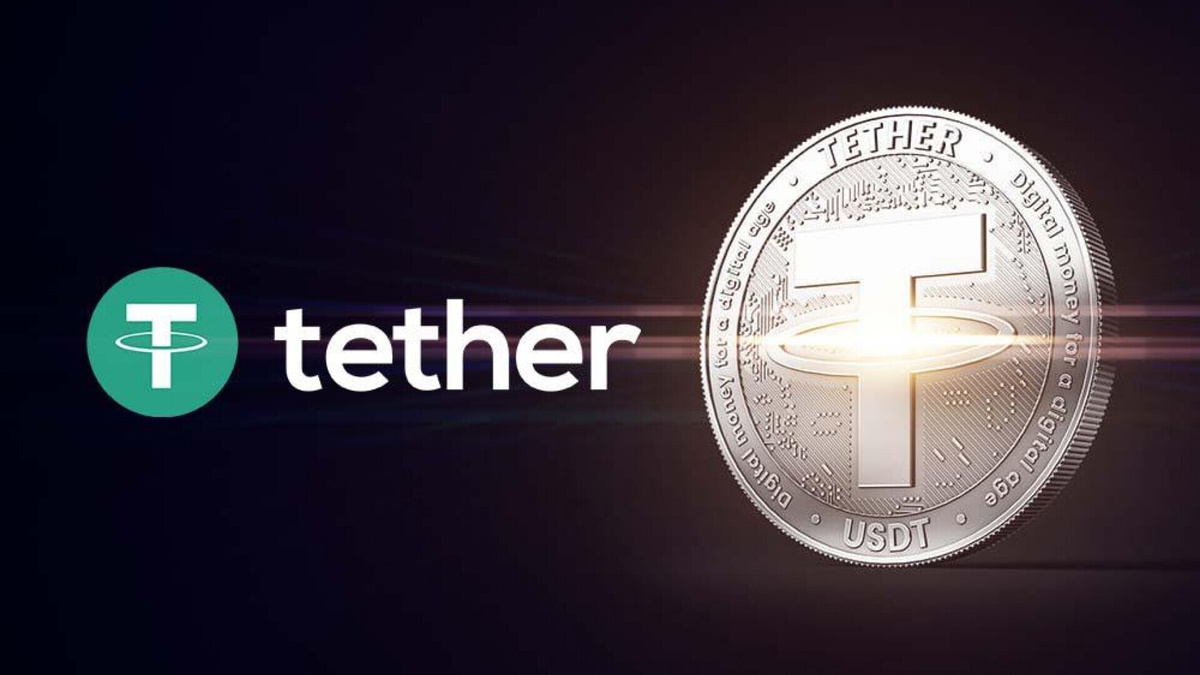Tether, a well-known stablecoin issuer, has announced the launch of its popular stablecoin USDT on the Aptos blockchain. This decision opens up new prospects for both Tether and USDT users.
Advantages of USDT Integration with Aptos
The choice of the Aptos blockchain for USDT integration is driven by several key factors:
- High speed and scalability: Tether representatives note that Aptos offers impressive performance. In May 2024, the network demonstrated record-breaking throughput, processing 157 million transactions in a single day.
- Growing ecosystem: Aptos shows significant growth in its user base. The average number of daily active users increased from 96,000 in January to 170,000 in July 2024.
- Low fees: One of the main advantages of integrating USDT with Aptos is the extremely low transaction fees, which amount to less than a cent. This makes the platform attractive for both microtransactions and large-scale corporate operations.
Strategic Goals and Implications
The launch of USDT on the Aptos network has a number of strategic goals and implications:
- Increased accessibility: Tether’s management emphasizes that this collaboration aims to increase the accessibility of USDT stablecoins for users with different income levels.
- Ecosystem optimization: Recently, Tether discontinued USDT support on Algorand and EOS networks, explaining this as a need to «maintain balance in its ecosystem». The company stated its intention to cooperate with networks that «support innovation in the crypto space».
- Expanded usage: Low fees and high transaction speeds can contribute to a wider adoption of USDT in everyday financial operations.
- Competition in the stablecoin market: This move can strengthen Tether’s position in the competitive struggle with other stablecoin issuers.
The launch of USDT on the Aptos blockchain demonstrates Tether’s commitment to innovation and adaptation to the changing needs of the cryptocurrency market. This decision can have a significant impact on the stablecoin ecosystem and contribute to the further development of decentralized finance.
You might be interested in:

13.01.2026
New KYC Rules in India: Crypto Exchanges Tighten Scrutiny
India's Financial Intelligence Unit is tightening KYC and AML regulations for crypto exchanges: users are required to undergo real-time selfie verification, verify bank accounts, and provide geolocation data. The new measures are aimed at combating money laundering, deepfakes, and tax evasion in the crypto market.

09.01.2026
Cryptocurrency Licensing in the UK: New Rules and Deadlines
The UK is introducing a comprehensive regulatory regime for the crypto market. Find out when the FCA opens for applications, who is affected by the new requirements, and how crypto exchanges and services will be licensed.

04.01.2026
Global Implementation of the CARF Standard: New Requirements for Crypto Services
The OECD's international CARF standard introduces mandatory tax reporting for cryptocurrencies. Find out which countries are participating, who is affected by the new requirements, and when data exchange will begin.

30.12.2025
Binance has restricted withdrawals to Visa and MasterCard cards for users in Ukraine
Cryptocurrency exchange Binance has suspended withdrawals to Visa and MasterCard cards for users in Ukraine, disabled Recurring Buy, and explained the changes by citing the closure of its Bifinity service due to regulation.


